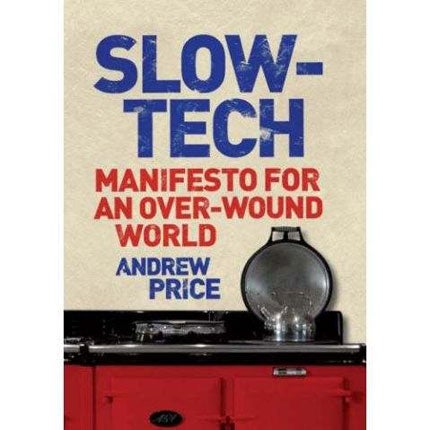The Independent's journalism is supported by our readers. When you purchase through links on our site, we may earn commission.
Slow-Tech, By Andrew Price
In praise of a life without gadgetry

In 1992, a luxury hotel on the Caribbean island of St Lucia closed off a tiny sea area as a safe haven for swimmers. It also had the effect of keeping fishermen out. Three years later, as a result, it was brimming with fish. In reluctantly acquiescing to limitations on their fishing rights, says Andrew Price, the fishermen did themselves a big favour.
Price is a marine biologist who, in this "manifesto for an overwound world", tries to generalise what he has learned into an argument about our flawed relationship with new technology. Our relentless search for efficiency gains, he argues, blinds us to the value of robustness and the durability of the system. Natural ecosystems, he says, are better at it; think of the coral reefs which function as breakwaters.
With our tinkering with technology to make things more efficient, much of the "slack" has been whittled away. The hi-tech buffers supposed to protect New Orleans from Hurricane Katrina were no substitute for nature's own defences – the wetlands around the city which had been undermined.
Price's general argument is sound; it suggests that if we did things a little more slowly and without too much gadgetry, we would be better off. He is right that many indicators of performance are short-sighted and self-defeating.
The problem is that Price's book promises a general theory of Slow-Tech but gets bogged down in the marine biology, his area of expertise. His view is that humans need to be aware we are embedded within systems with their own internal robustness. He subscribes to James Lovelock's Gaia hypothesis, a shaky series of tenets about the interconnectedness of everything on earth, and thinks almost anything can be seen to function as an ecosystem in equilibrium with itself. This systems-thinking owes much more to the disciplines of cybernetics and engineering to a profound understanding of nature, however. Nature is more savage and wondrous than systems theory allows, and just as likely to upset the applecart as to maintain an equilibrium.
Join our commenting forum
Join thought-provoking conversations, follow other Independent readers and see their replies
Comments